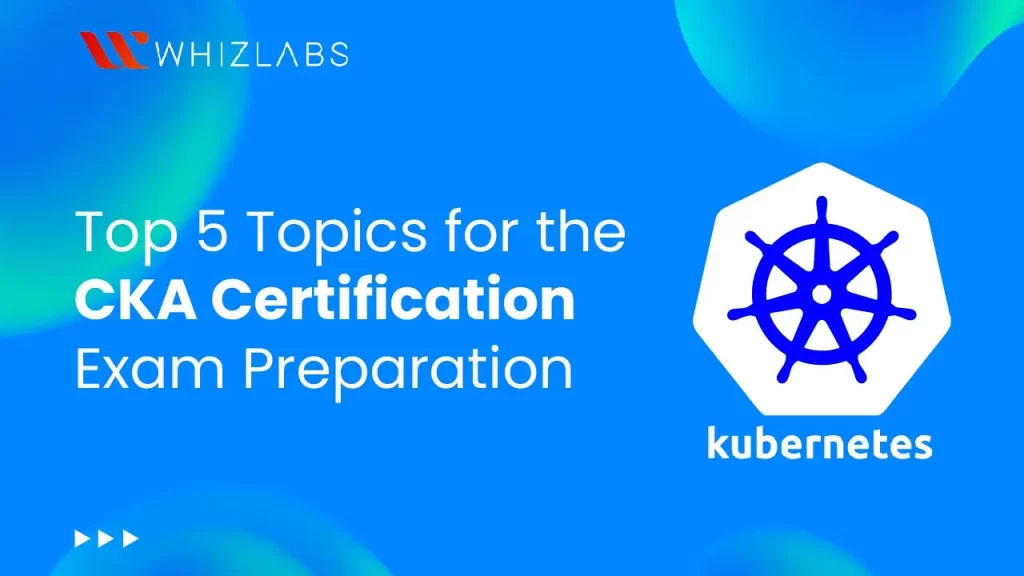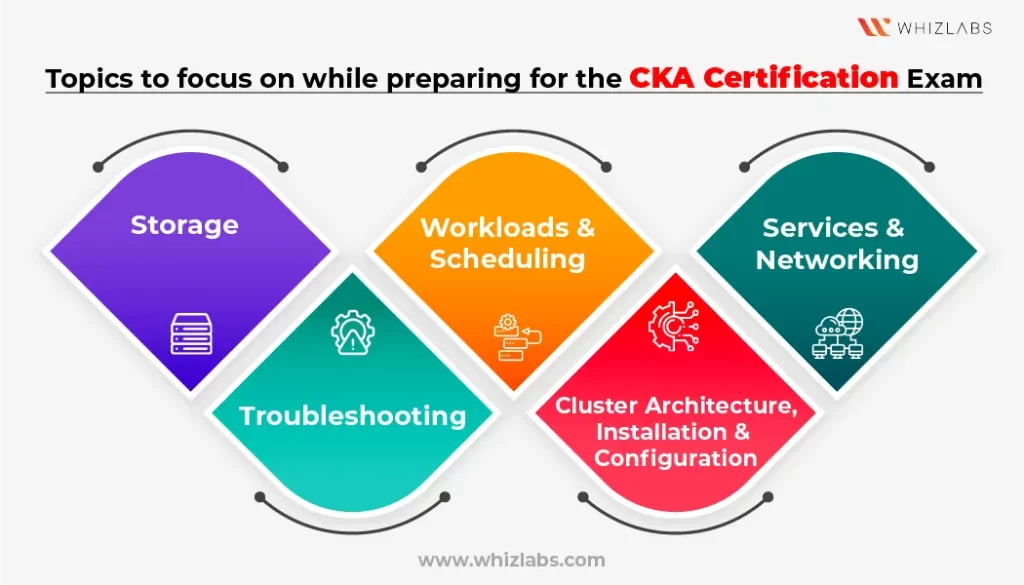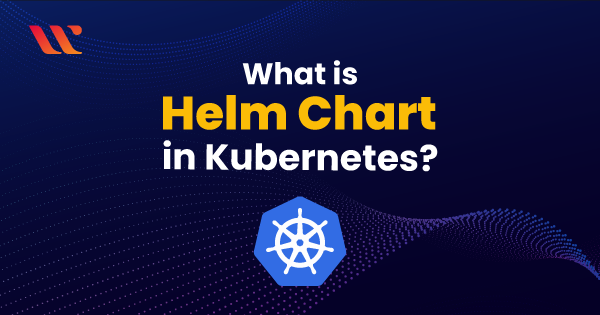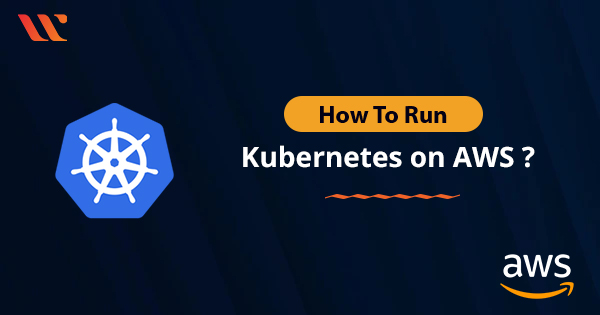The CKA certification exam preparation needs an organized and well-thought-out plan for study and practice since the examination is demanding and covers a comprehensive range of topics related to Kubernetes administration.
One of the best ideas to pass the CKA examination is to develop a checklist for important topics covered in the examination.
This blog will delve into the essential topics you need to be familiar with before sitting for the CKA exam.
Let’s dive in!
CKA Exam Syllabus
The syllabus for the CKA exam elaborates on the domains and the weights assigned to each domain. Exam enthusiasts need to dive deeper into each CKA exam topic and practice diligently to match the speed needed for solving these questions during the examination.
All the topics covered in the CKA examination are categorized under five domains and are
- Storage(10%)
- Troubleshooting(30%)
- Workloads & Scheduling(15%)
- Cluster Architecture, Installation & Configuration(25%)
- Services & Networking(20%)
The questions in the examination can be from any topics from the above-listed domains satisfying the weightage criteria. A candidate must emphasize all the CKA exam topics, but there are a few topics from which one can expect questions in the examination.
To prepare for the CKA examination, a consistent and focused study spanning 4-6 weeks is necessary. However, the CKA certification exam preparation time varies depending on various other factors like familiarity with topics covered in the examination.
Try Certified Kubernetes Administrator hands-on labs to dive into practical world!
In the next section, we will look at a few top topics for the CKA exam covering all the domains.
Topics to focus on CKA Certification Exam Preparation
Here are some important topics you need to concentrate on while preparing for the CKA Certification Exam:
1. Storage
In the storage section, questions from persistent volume and persistent volume claims with their practical implementation for various data storage solutions are the main focus areas. One must know how to use volume mode, access modes, and reclaim policies while implementing PV and PVC.
Another important topic in the storage domain is the Kubernetes storage class. Candidates must know how to provision different Kubernetes storage classes and to create PV dynamically using these storage classes.
2. Troubleshooting
Among all the domains listed previously, the troubleshooting part is difficult and time-consuming compared to other domains. This section will broadly test candidates on his/her competency in troubleshooting network or application/deployment failure.
Monitoring deployed applications using native Kubernetes tools(kubectl top) along with different ways to navigate pod/container logs are two essential topics for CKA examination. Armed with these tools, one can easily troubleshoot application or network failures in a Kubernetes cluster.
Apart from troubleshooting application failure, another crucial topic in this section is troubleshooting node and cluster failures.
To handle node and cluster failures, familiarity with the Kubernetes cluster logging and node logging concepts is essential. Further, knowledge of debugging processes in a Linux system using tools like ps, systemd, and netstat is also essential for troubleshooting any questions in this section.
3. Workloads & Scheduling
The important topics covered in this section are deploying workloads using deployments, replicaset, and daemonset with their specific use cases.
Get an in-depth mastery of using config maps and secrets with all these workloads. The other topic in the workload section is the rollout feature of Kubernetes to scale and update deployments with no downtime.
In the scheduling section, candidates should clearly understand how Kubernetes schedules a pod in the cluster, allowing Kubelet to run a pod in the designated node.
4. Cluster Architecture, Installation & Configuration
Installing, and upgrading a multinode Kubernetes cluster using kubeadm are the main focus areas in this section. Candidates should also go through the steps to add a node to the existing Kubernetes cluster leveraging kubeadm.
Gain an in-depth understanding of role-based access control(RBAC) and how to restrict users to the Kubernetes cluster resources using RBAC. It is also essential that a candidate should be cognizant of how Kubernetes stores cluster state and metadata to the etcd database. Taking a Backup of the etcd database and restoring the etcd database from the backup are other key topics in this section for the CKA examination.
5. Services & Networking
The Kubernetes service and its types like NodePort, ClusterIP, LoadBalancer, and external are top topics a candidate should go through in detail. The Kubernetes endpoint for service and how pods communicate among themselves using a virtual network are also vital areas in this section.
In the networking section, understand how CoreDNS is used as a DNS server in the Kubernetes cluster.
The other focus areas in this section are how the container network interface(CNI) plugin sets up the network interface to the container network namespace, assigns IP addresses, and sets up routes for pods to communicate.
Also Read: Top Kubernetes Interview Questions and Answers
Conclusion
I hope this blog has provided you with a comprehensive list of essential key topics to concentrate on before attempting the CKA Exam. Thorough preparation in these key areas will provide a solid foundation for success in the Certified Kubernetes Administrator (CKA) certification exam.
- 7 Pro Tips for Managing and Reducing Datadog Costs - June 24, 2024
- Become an NVIDIA Certified Associate in Generative AI and LLMs - June 12, 2024
- What is Azure Data Factory? - June 5, 2024
- An Introduction to Databricks Apache Spark - May 24, 2024
- What is Microsoft Fabric? - May 16, 2024
- Which Kubernetes Certification is Right for You? - April 10, 2024
- Top 5 Topics to Prepare for the CKA Certification Exam - April 8, 2024
- 7 Databricks Certifications: Which One Should I Choose? - April 8, 2024




